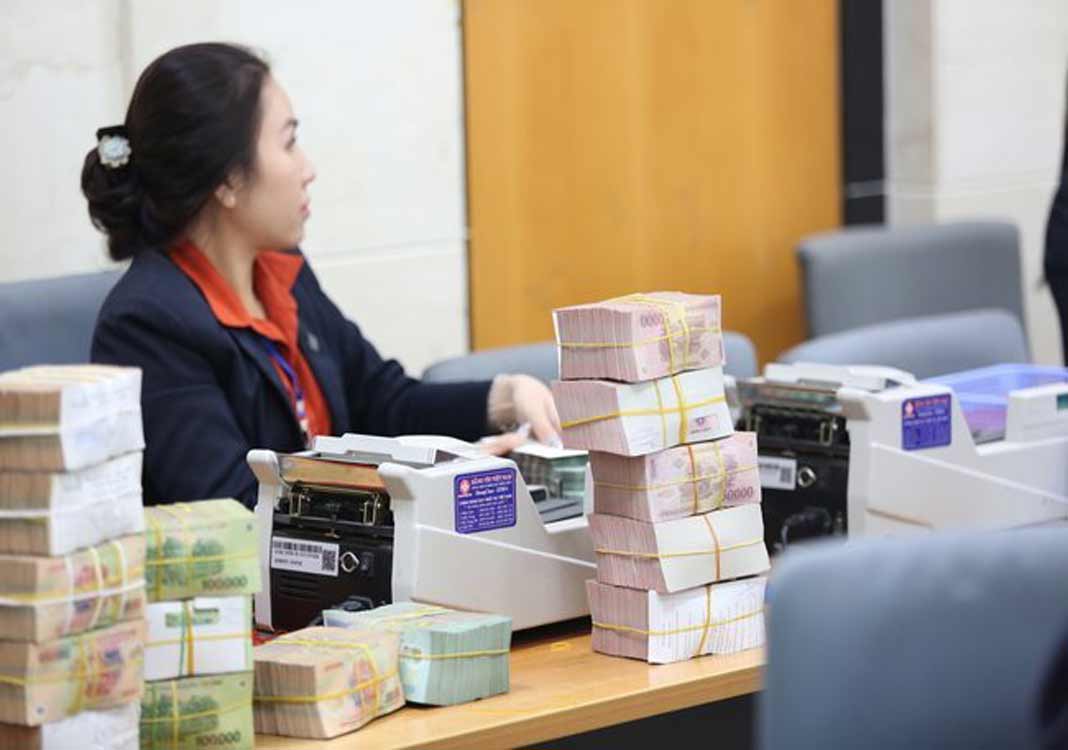HCMC – In response to the U.S. Treasury Department labelling Vietnam as a currency manipulator, the State Bank of Vietnam (SBV) asserted that Vietnam’s foreign exchange rate policy adopted in recent years does not aim to create unfair trade advantages, but instead, aims to get inflation under control and stabilize the macroeconomy.
The U.S. Treasury Department on Wednesday, December 16, released a report on the macroeconomies and foreign exchange policies of its major trade partners, designating Vietnam and Switzerland as currency manipulators while putting 10 other economies including China, Japan, South Korea and Taiwan on a watch list. The Treasury said that Vietnam and Switzerland both meet all three criteria under the U.S. law to be named a currency manipulator.
Specifically, countries deemed manipulators must have at least US$20 billion in bilateral trade surplus with the U.S., a global current account surplus exceeding 2% of gross domestic product (GDP), and foreign currency intervention exceeding 2% of GDP.
The SBV, Vietnam’s central bank, stated that Vietnam’s trade surplus with the U.S. and its current account surplus are the result of a host of factors related to the characteristics of the local economy.
The bank’s purchase of foreign currencies was targeted at ensuring the smooth operation of the foreign exchange market given the sufficient foreign currency supply, contributing to the stabilization of the macroeconomy and enhancing the nation’s foreign exchange reserves, which remains low in comparison with other countries in the region, to strengthen the national financial security.
Vietnam attaches importance to a stable and sustainable trade and economic relationship with the US, the bank continued. It added that it will continue to work with relevant agencies on issues of shared concern towards harmonious and fair trade relations under the bilateral action plan of the two countries.









